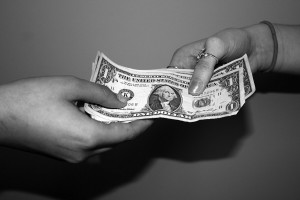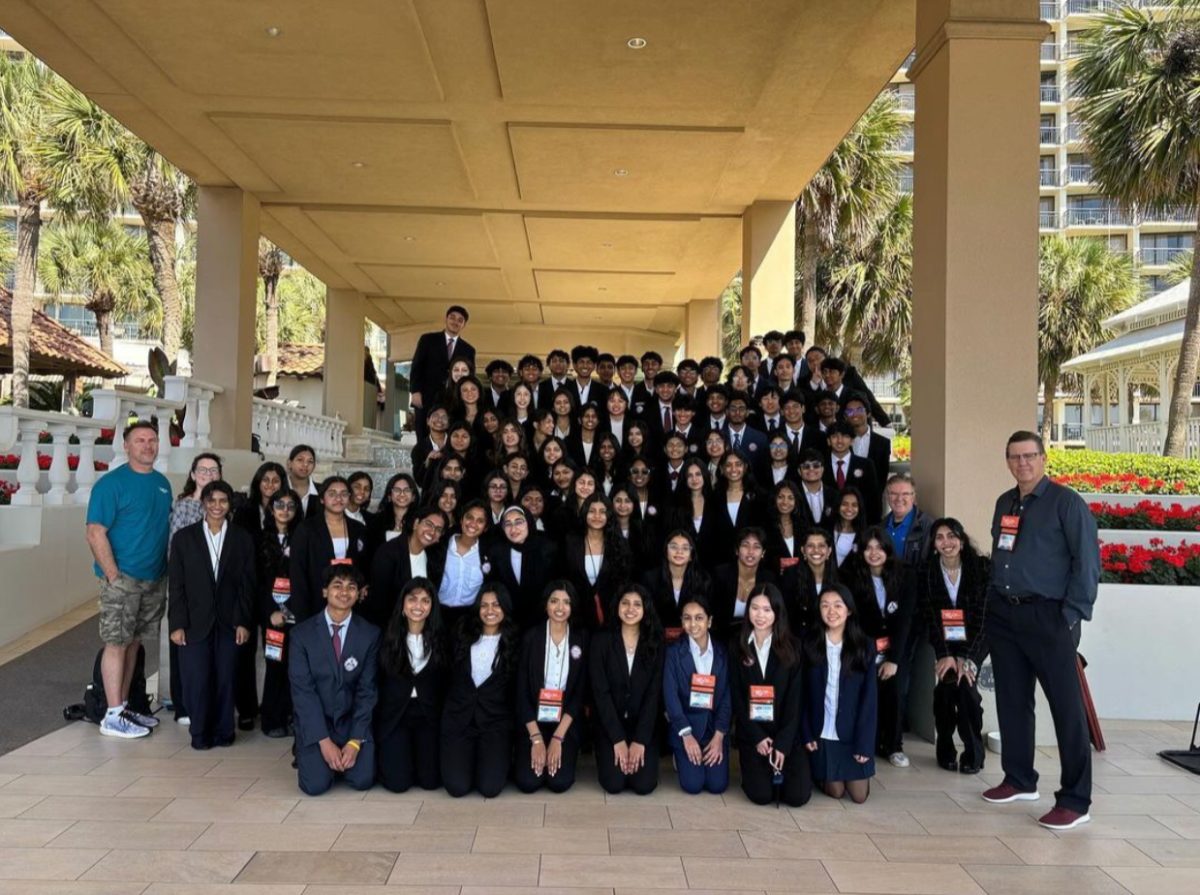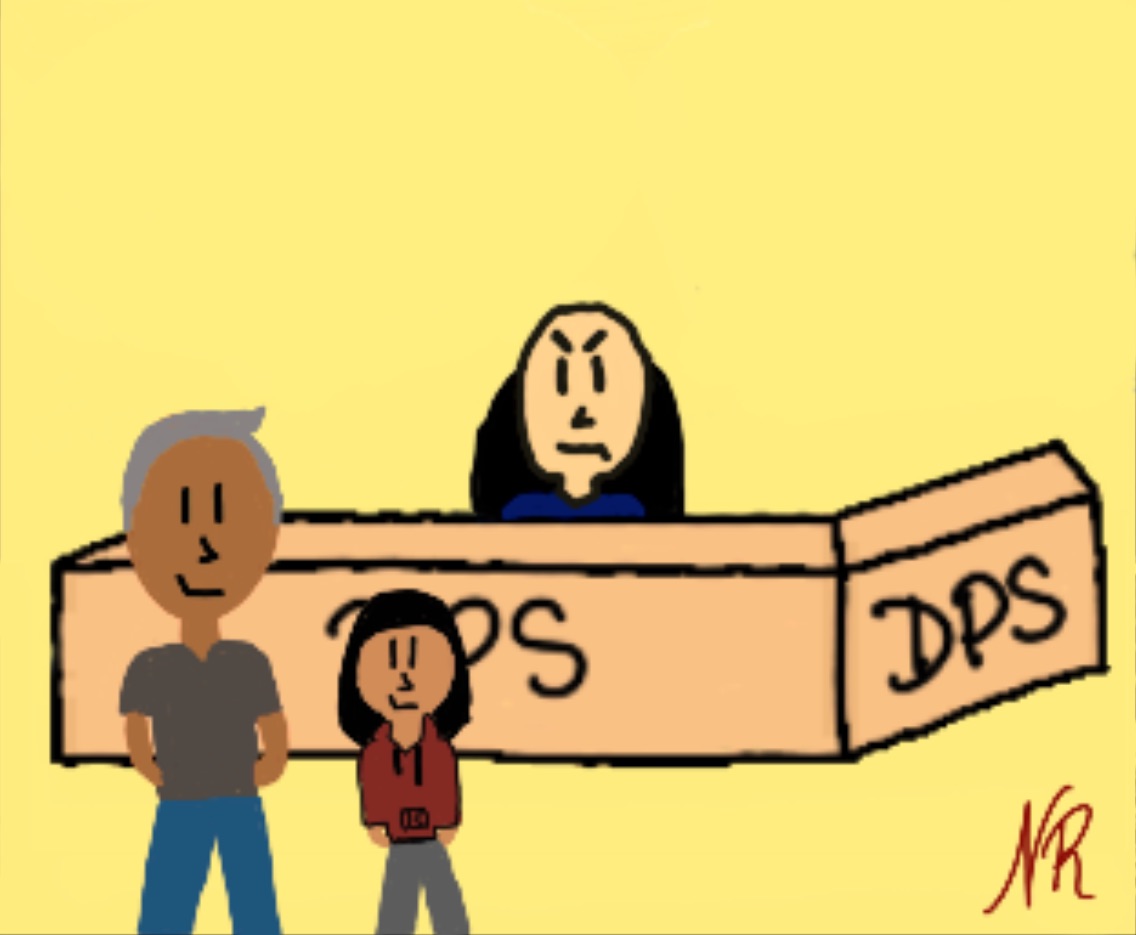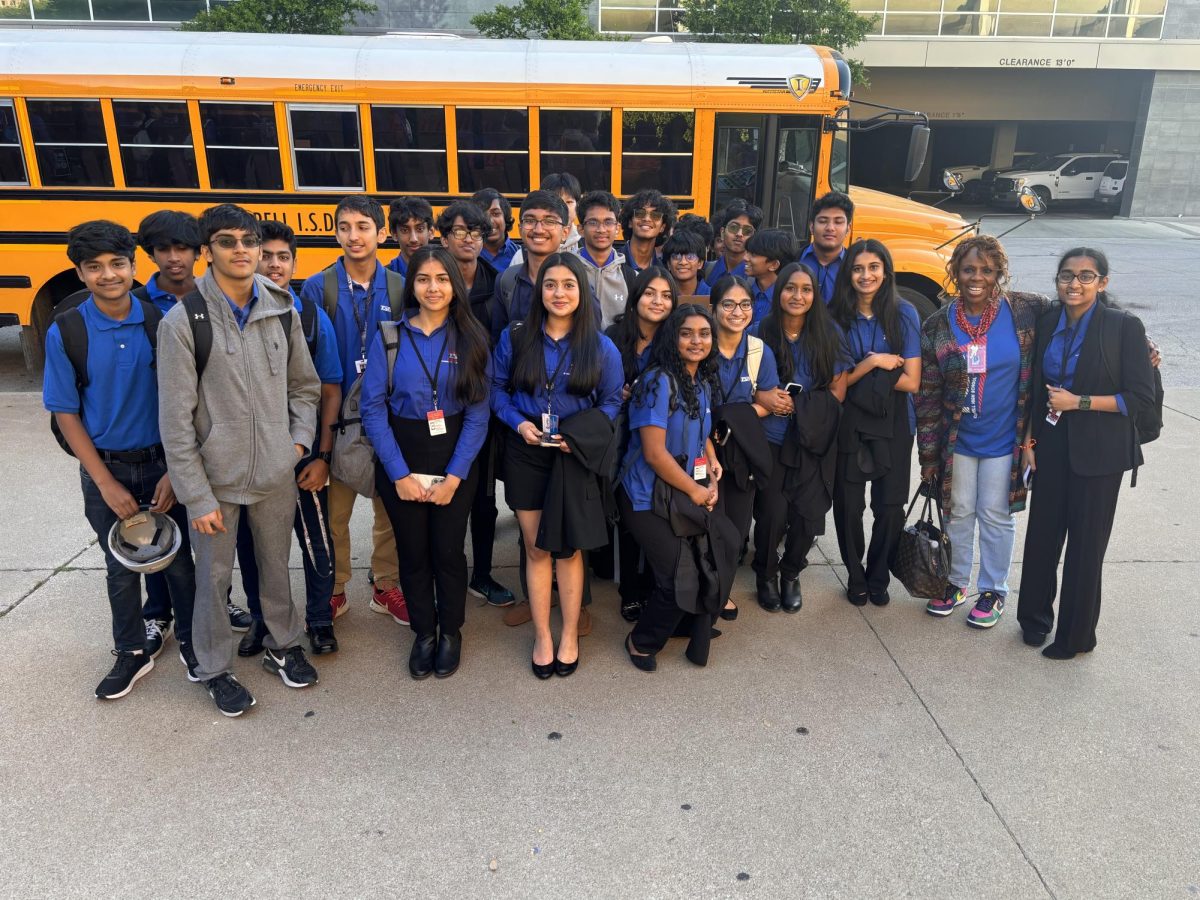By Ellen Cameron
Staff Writer
Unless you’re The Beatles, love is not all you need. Love will not pay your college tuition, you cannot retire on love, and love does not solve every problem. For that, you need money, which is both ill-begotten and ill-spent with many teens.
The Economy
We’re cheap, unskilled labor. I won’t try to deny it. As high school students, no matter how high our GPA and tests scores are, no matter how many extracurricular we’re involved in, no matter how many volunteer hours we possess, we are cheap, unskilled labor.
Those things might count to get you a job in tutoring business, or maybe your dance experience lands you a nice job as a dance instructor, but for all intents and purposes, we’re the bottom of the chain.
Economics teachers Donnette Alexander perhaps sums it up best:
“It’s much harder for teens to find job,” Alexander said. “[They’re] one of the first groups let go, last rehired, and have a much higher unemployment rate.”
Even students graduating not high school, but college, are struggling for economic opportunities in the sluggish economy, and it does not help much that employment is considered a lagging indicator, as so disastrously portrayed in the 2009 film Postgrad.
According to the Bureau of Labor Statistics, the unemployment rate of teens is 25 percent, up from the normal 18 percent. However, this number is assumed to be artificially low, as many teens are put on “sabbatical” while business owners wait for business to pick up.
“During the winter, people were temporarily laid off where I work,” said Cherry On Top employee and CHS junior Sarah Hillier. “Ordinarily, consumerism would still sustain the business when it gets colder, but because of the economy, we were laid off because the business couldn’t afford to pay us.”
Students looking for work in this economy should probably not be too discerning, and it may also be noteworthy that most businesses keep your application for up to a year after you submit it, so even missing a hiring wave is not as discouraging.
Coppell, however, is considered rather well-buffered as the local economy has not suffered nearly as much as in the rest of Texas, which has not suffered as much as the United States.
Financial Advice
Material temptations abound, especially in a city as into consumerism as ours. However, buying that new Vera Bradley print may not be the best use of your money.
“Parents want two things,” economics teacher Ward Flora said. “They want kids to understand amortization, that borrowing money costs a lot of money—and not just houses and mortgages, but student loans as well. Then, how credit cards work, and how much credit card companies use students, so how to budget and take care of personal investment.
Samuel Duff, who teaches financial management to high school students in special Sunday classes provided this advice for students:
“Prepare a written budget. Everybody—even freshmen—can have some kind of written budget that incorporates spending and saving even if your goal is to save up for a play station three,” Duff said.
It doesn’t have to be complex; start by saving receipts to see how much you actually do spend, and then decide how much you should be spending given your income, whether it by a salary or an allowance from your parents.
But it’s not enough to spend every penny you make; saving is important, and important to learn how to do early.
“The first thing you should probably do is start a rainy day fund, so if an emergency came up, you wouldn’t be overdrawing a credit card at a high interest rate,” Duff said. “Your rainy day fund some kind of cash of near-cash investment that carries returns, like a money market.”
While most high school students need parents to sign up as custodians of their accounts, it is still important for them to do so, especially with some of the incentives banks offer to young investors.
In all, money is important, and it’s all the better if you’re using it well.















![Coppell senior Davin Robert pitches against Rockwall during the [inning] on Saturday at Coppell ISD Baseball/Softball Complex. The Cowboys lost 5-4 against Yellowjackets.](https://coppellstudentmedia.com/wp-content/uploads/2024/04/IMG_0049-1200x800.jpeg)